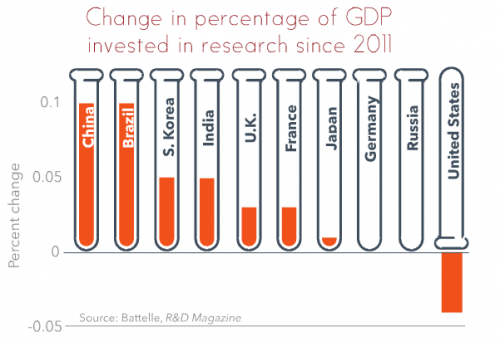I like that title so much better than “Ivy League”. Here’s a brief and amusing history of American higher education that focuses almost entirely on those revered and over-rated East coast places (says the guy at a land grant college, a program which only gets a quick mention).
Other things that get only the most cursory but tantalizing mention: a tradition of rioting and dueling. I think, however, we can do without the tale of the student coming back to Princeton to beat up one of his teachers.



